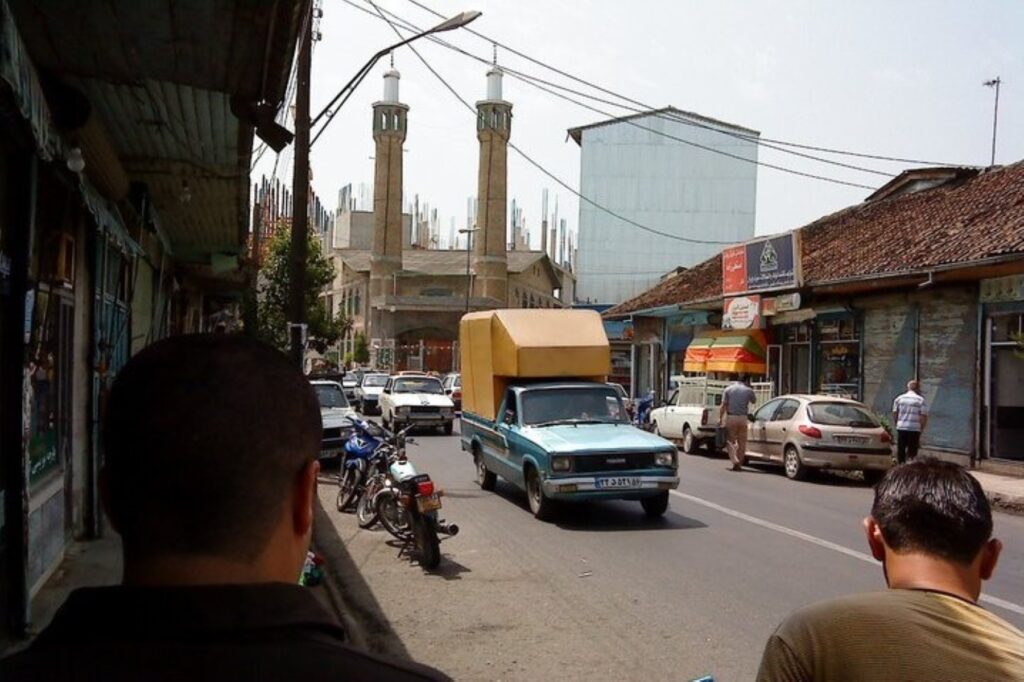Azerbaijan’s Foreign Ministry has warned its citizens against travelling to Iran in the latest escalation of tensions between the two countries.
On 3 June, the Ministry ‘strongly advised’ against travel to Iran, stating that this was in light of a ‘terrorist’ attack against Azerbaijan’s embassy in Iran in January, and subsequent limited diplomatic representation in the country after the embassy was closed.
The announcement came shortly after an Azerbaijani citizen who had been missing for three months was announced to have been detained and facing criminal charges in Iran. On 1 June, Azerbaijan’s Foreign Ministry announced that Farid Safarli, an Azerbaijani citizen studying in Germany, had been detained in Iran on charges of espionage.
Iran’s Foreign Ministry spokesperson responded to the warning on Twitter, stating that ‘what should scare the people of #Azerbaijan is the #Zionist_regime, not civilised and Islamic Iran’, a reference to Azerbaijan’s close relations with Israel.
On 30 May, Israeli President Isaac Herzog made an official visit to Azerbaijan, just over two months after Azerbaijan opened an embassy in Tel Aviv.
On Monday, Azerbaijani Foreign Minister Jeyhun Bayramov told local journalists that they had received ‘several requests’ from Iran to restore Azerbaijan’s diplomatic mission in the country.
Azerbaijan closed its embassy in Iran in late January 2023, after an armed attacker wounded two guards and killed the head of security at the embassy.
Bayramov stated that Azerbaijan would need to be ‘absolutely sure’ that those responsible for the attack had been brought to justice and ‘severely punished’, in order to consider restoring the embassy’s operation.
‘All guarantees in this regard should be given to the Azerbaijani side, not in words, but in deeds’, he added.
Ongoing tension
On Monday, Bayramov also suggested that the disappearance and subsequent arrest of Farid Safarli was a factor in the foreign ministry’s warning.
After entering Iran in March, reportedly to visit his girlfriend, Safarli went missing for over two months. On 1 June, Azerbaijan’s Foreign Ministry announced that he had been detained, and a criminal case had been initiated against him in Iran on suspicion of espionage.
Since the embassy attack took place in January, tensions have continued to rise between the two countries, with Azerbaijan opening an embassy in Israel in March, expelling four Iranian diplomats in April, and conducting a series of mass arrests of Shia people in Azerbaijan.
[Read more: ‘Irrationality is subjective’: fears rise of conflict between Iran and Azerbaijan]
In early March, an Iranian military aircraft trailed the Iran-Azerbaijan border, reportedly crossing it on multiple occasions.
The two countries have also been at odds regarding Azerbaijan’s demand to establish a corridor connecting its exclave of Nakhchivan through Armenia, which could cut off Iran’s border with Armenia.




 6 June 2023
6 June 2023



